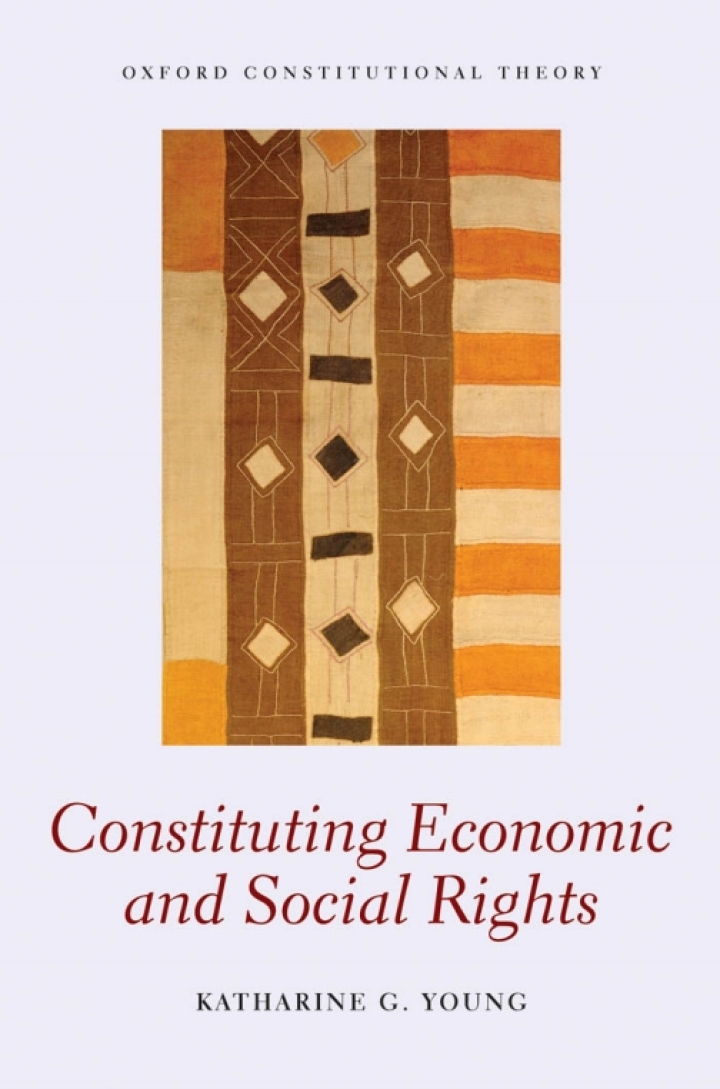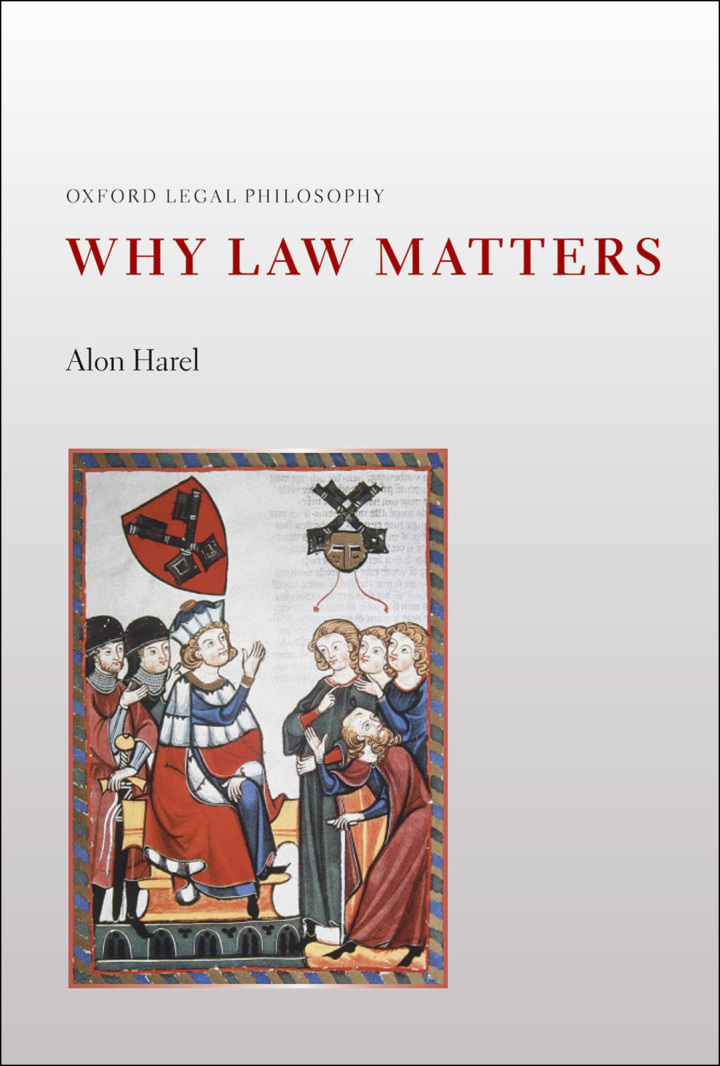“Constituting Economic and Social Rights” has been added to your cart. Continue shopping
Why Law Matters
$13.97
Attention: This is just ebook, Access Codes or any other Supplements excluded! / File Delivery: Sent Via Email within 24 hours!
SKU: c05d78037d59
Category: Law Textbooks
Description
-
Author(s)Alon Harel
-
PublisherOUP Oxford
-
FormatPDF
-
Print ISBN
9780198766216, 0198766211 -
eText ISBN
9780198766216, 0198766211 -
Edition
-
Copyright
- Details
Contemporary political and legal theory typically justifies the value of political and legal institutions on the grounds that such institutions bring about desirable outcomes – such as justice, security, and prosperity. In the popular imagination, however, many people seem to value public institutions for their own sake. The idea that political and legal institutions might be intrinsically valuable has received little philosophical attention. Why Law Matters presents the argument that legal institutions and legal procedures are valuable and matter as such, irrespective of their instrumental value. Harel advances the argument in several ways. Firstly, he examines the value of rights. Traditionally it is believed that rights are valuable because they promote the realisation of values such as autonomy. Instead Harel argues that the values underlying (some) rights are partially constructed by entrenching rights. Secondly he argues that the value of public institutions are not grounded (ONLY) in the contingent fact that such institutions are particularly accountable to the public. Instead, some goods are intrinsically public; their value hinges on their public provision. Thirdly he shows that constitutional directives are not mere contingent instruments to promote justice. In the absence of constitutional entrenchment of rights, citizens live “at the mercy of” their legislatures (even if legislatures protect justice adequately). Lastly, Harel defends judicial review on the grounds that it is an embodiment of the right to a hearing. The book shows that instrumental justifications fail to identify what is really valuable about public institutions and fail to account for their enduring appeal. More specifically legal theorists fail to be attentive to the sentiments of politicians, citizens and activists and to theorise public concerns in a way that is responsive to these sentiments.
Related products
-

Blackstone’s Guide to the Proceeds of Crime Act 2002 5th Edition
Rated 0 out of 5$34.12 Add to cart -

Civil Wrongs and Justice in Private Law 1st Edition
Rated 0 out of 5$43.88 Add to cart -

Constitutional Adjudication in Africa 1st Edition
Rated 0 out of 5$45.50 Add to cart -

Atiyah’s Introduction to the Law of Contract 6th Edition
Rated 0 out of 5$30.88 Add to cart


